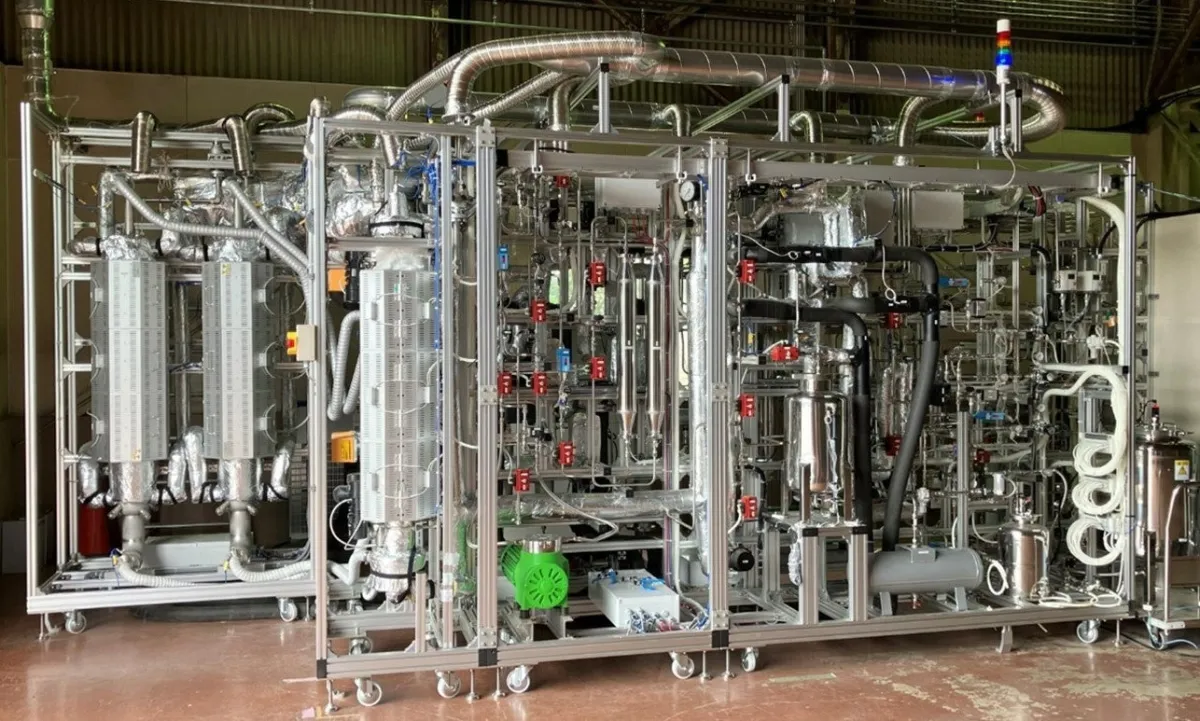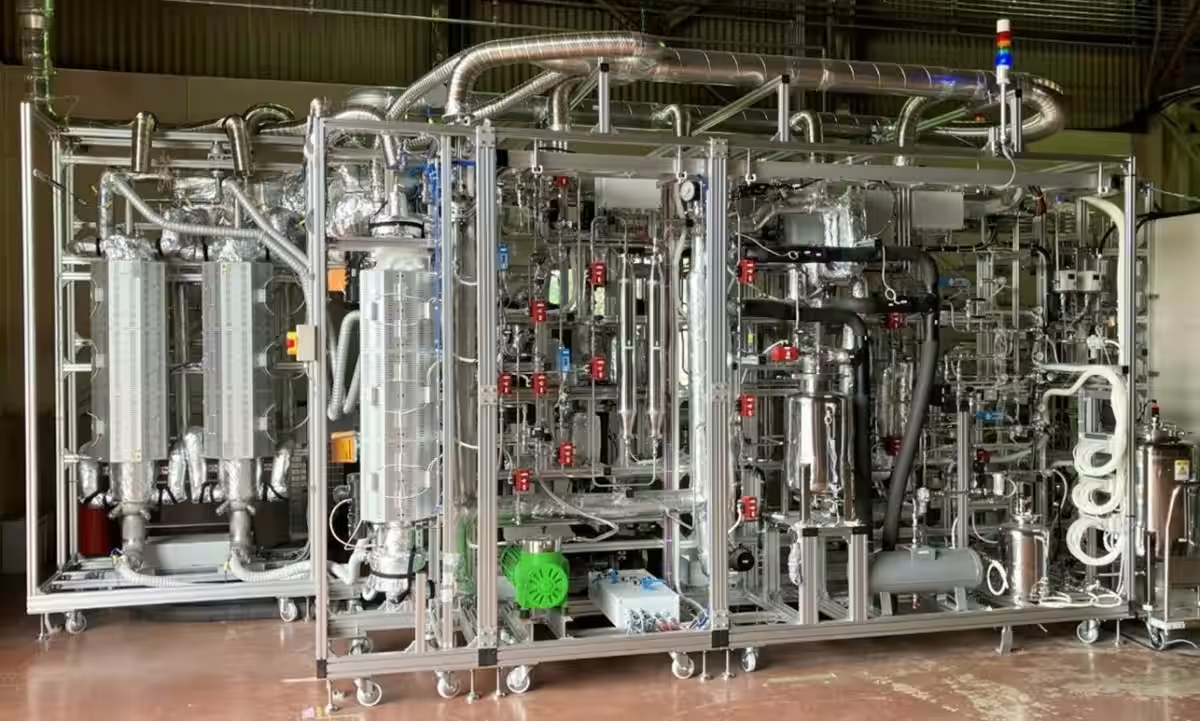

Mitsubishi Heavy Industries Invests in Bioethanol Startup iPEACE223 for Clean Fuel Development
Mitsubishi Heavy Industries' Strategic Investment in Clean Energy
In a significant move toward promoting sustainable energy solutions, Mitsubishi Heavy Industries has announced its investment in iPEACE223, a startup that is pioneering technology aimed at producing clean fuel from bioethanol. Headquartered in Chuo City, Tokyo, iPEACE223 focuses on developing methods that leverage renewable resources to diminish reliance on fossil fuels, thereby contributing to a lower carbon footprint.
The initiative aligns with global efforts to transition to a decarbonized society, positioning both Mitsubishi and iPEACE223 as leaders in the clean energy sector. The investment is particularly timely, as governments and organizations worldwide intensify their efforts to combat climate change and reduce greenhouse gas emissions.
The Vision Behind iPEACE223
Founded and led by CEO Toru Setoyama, iPEACE223 specializes in technologies aimed at minimizing carbon dioxide emissions during the production process of chemicals such as propylene and fuels like propane. Utilizing a porous mineral catalyst known as zeolite, the startup focuses on sustainable manufacturing processes that convert bioethanol into usable products while maintaining a carbon-neutral approach.
This innovative technology not only enhances the efficiency of fuel production but also directly addresses pressing environmental concerns. The company’s commitment to reducing environmental impact while ensuring stable energy supply positions it as a crucial player in the green energy landscape.
Mitsubishi Heavy Industries' Commitment to Clean Energy
Mitsubishi Heavy Industries, known for its extensive history of innovation and development across various sectors, has consistently supported startups through investments that foster groundbreaking technologies. This latest funding for iPEACE223 marks another step in its strategy to accelerate clean energy technology development, further solidifying its role in the push towards a sustainable future.
The collaboration between Mitsubishi and iPEACE223 aims to enhance the visibility and implementation of clean energy solutions, ultimately contributing to a society free from carbon emissions. By investing in pioneering companies, Mitsubishi Heavy Industries continues to uphold its mission of environmental stewardship and sustainable progress.
A Closer Look at the Technology
The bench-scale plants currently in trial run at iPEACE223 serve as proof of concept for their innovative approach to harnessing bioethanol. These trials validate the efficacy and potential scalability of their production process, with an eye towards commercial viability.
Additionally, the company is dedicated to extensive research and development initiatives to refine their technologies further. This ongoing endeavor ensures that they remain at the forefront of clean fuel production.
As the demand for sustainable energy solutions continues to rise, the partnership between Mitsubishi Heavy Industries and iPEACE223 is poised to make significant impacts in various sectors, including transportation and manufacturing.
Looking Ahead
With this investment, Mitsubishi Heavy Industries not only bolsters its portfolio in the clean energy market but also demonstrates the growing importance of collaborative efforts in addressing environmental challenges. As iPEACE223 continues to innovate and develop its technologies, all eyes will be on how this partnership unfolds and contributes to the global goal of achieving a sustainable, carbon-neutral future.
For more details about iPEACE223 and their initiatives, visit iPEACE223's website. For further insights from Mitsubishi Heavy Industries, explore their resources at MHI's official website.
Conclusion
In conclusion, the investment by Mitsubishi Heavy Industries in iPEACE223 is a hopeful sign for the future of clean energy. By focusing on bioethanol as a primary resource for fuel production, both companies are fostering advancements necessary for a cleaner and more sustainable world. The road ahead is promising, as they strive to lead the way in environmental responsibility and innovation.


Topics Energy)










【About Using Articles】
You can freely use the title and article content by linking to the page where the article is posted.
※ Images cannot be used.
【About Links】
Links are free to use.